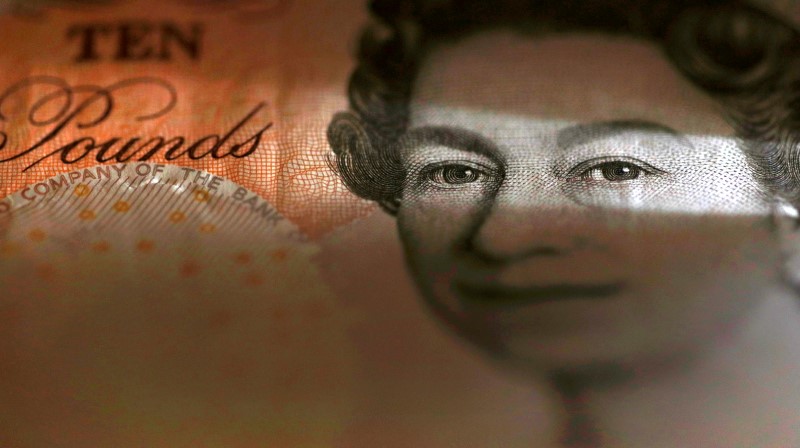By Anirban Nag
LONDON (Reuters) - Sterling and British stocks rose on Monday after Home Secretary Theresa May emerged as the sole candidate to replace David Cameron as prime minister following the withdrawal of her rival Andrea Leadsom from the contest.
Traders said Leadsom's decision would reduce some of the political uncertainty that has plagued markets, especially the currency, in the past few weeks and provided a measure of relief. British gilt yields (GB10YT=RR) rose, pulling other euro zone bond yields from record lows.
Sterling rose 0.4 percent to hit a day's high of $1.3020
The mid-cap FTSE 250 (FTMC) was up 2.6 percent after it was confirmed that May would become the next prime minister. The blue-chip FTSE 100 index (FTSE) was up 0.8 percent.
"There is a bit more political clarity which is giving sterling a bit of a boost," said John Hardy, head of currency strategy at Saxo Bank. "We should see a fair bit of resistance around the $1.30 area."
The chairman of the ruling Conservative Party committee running the leadership contest signalled that the process to replace Cameron would be completed much sooner than early September as previously envisaged. Once confirmed as party leader, May will automatically become prime minister.
Leadsom had campaigned for Britain to leave the EU, whereas May backed the 'Remain' camp. May says she will respect the referendum result and that Britain will launch the Brexit negotiations.
"It is likely (that) a Remain campaigner at the helm could also be causing short-covering of the pound," said Neil Jones, head of hedge fund FX sales at Mizuho Bank.
RATE CUT?
Earlier, sterling was hovering just above last week's 31-year low against the dollar on expectations that the Bank of England will ease monetary policy in response to Britain's shock vote to leave the EU.
The BoE, which meets on Thursday, expects the economy to suffer a slowdown because of the uncertainty caused by the Brexit vote. The chances of the Bank cutting rates this week have jumped to more than 70 percent, from 11 percent just before the result of the June 23 referendum was announced.
The Bank has now kept its main interest rate at 0.5 percent for nearly 90 months.
"We expect the BoE to cut rates by 25 basis points on Thursday, which should keep sterling offered," said Hans Redekar, head of currency strategy at Morgan Stanley (NYSE:MS).
There are clear signs that the economy needs a boost.

According to three surveys released on Monday, British consumer spending fell last month, the business outlook darkened by the most in four years and economic activity in London slowed sharply.